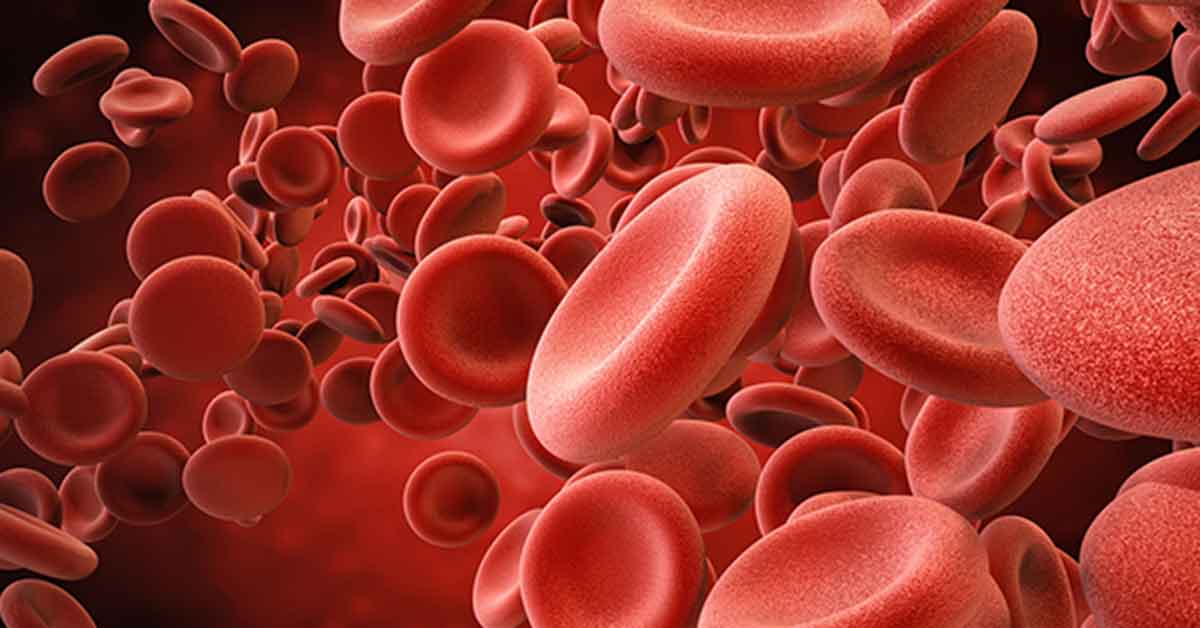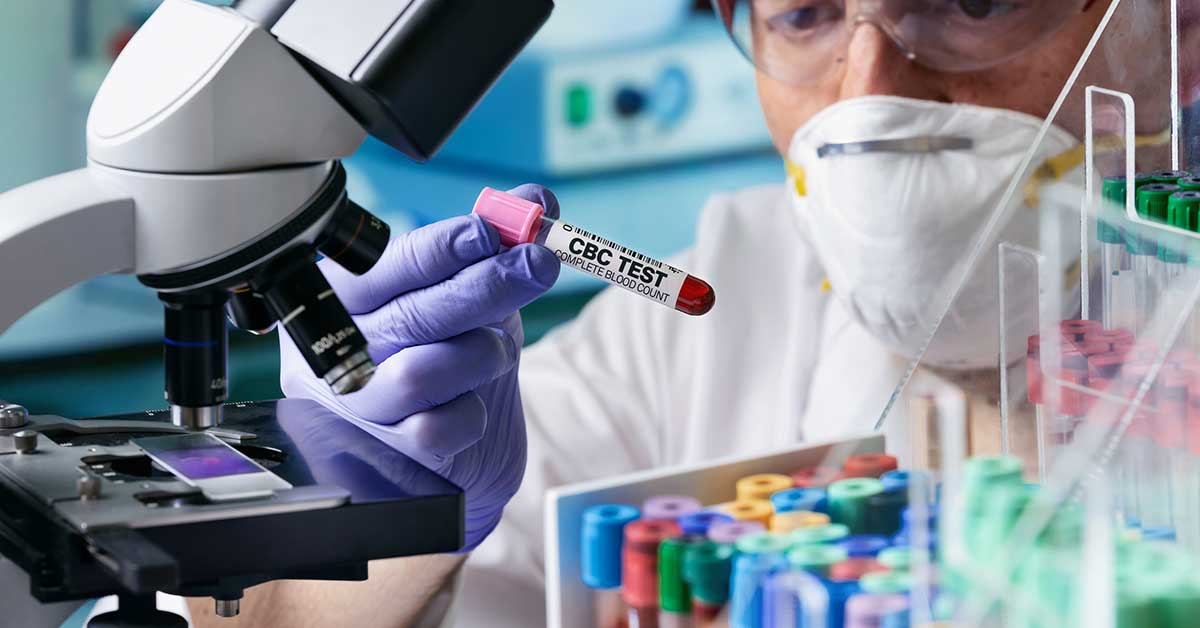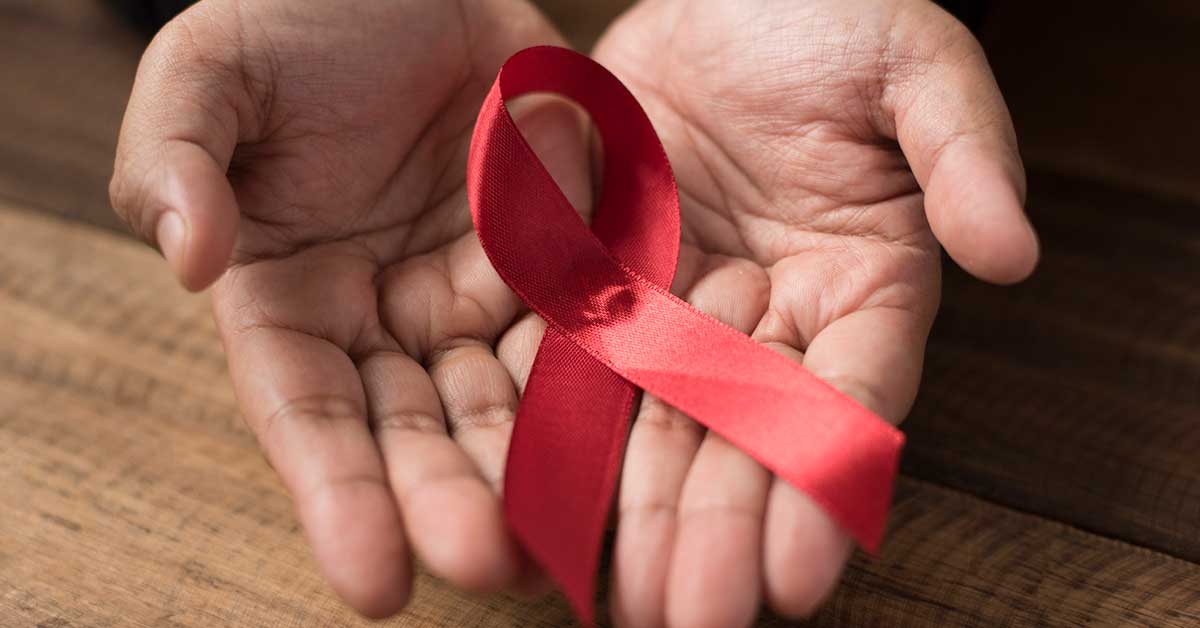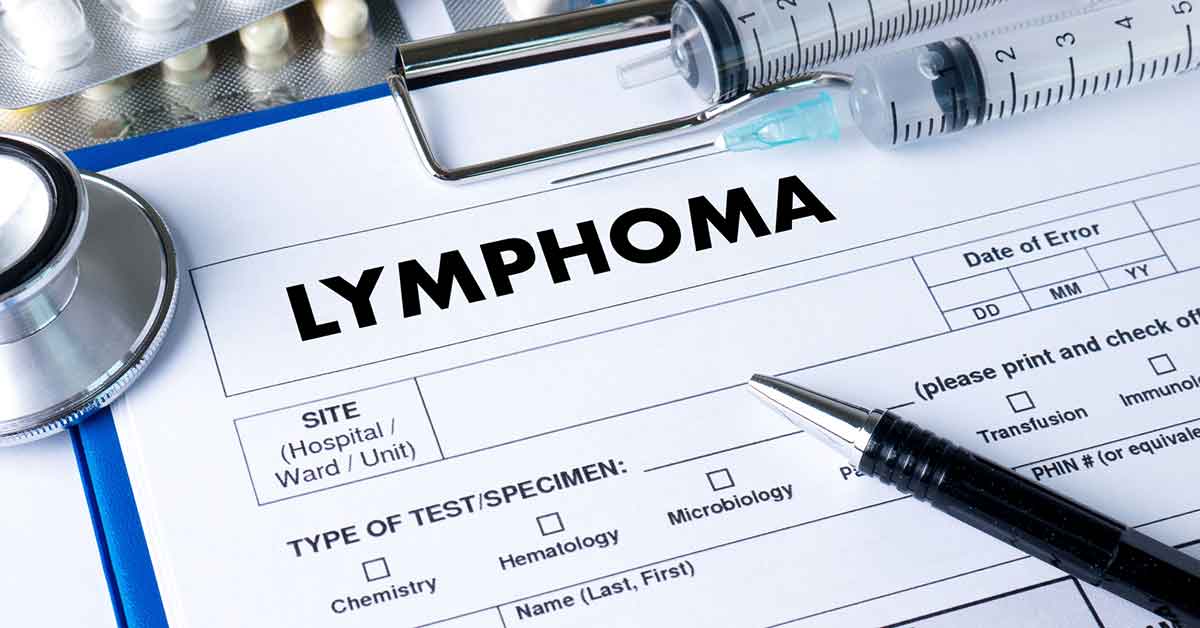Lymphoma
Contact Us
What is Lymphoma?
Lymphoma is a type of blood cancer that develops in the lymphatic system. The lymphatic system is part of the immune system that works to balance fluids in the body and fight infection. Lymphoma starts when lymphocytes, a type of white blood cell, change or mutate. They begin to multiply and cause tumors in the lymph nodes, bone marrow, spleen or other organs in the body. There are two main types of lymphoma — Hodgkin lymphoma and Non-Hodgkin lymphoma (NHL), and there are specific differences for each.
Back to Top
What are the signs and symptoms of lymphoma?
General signs and symptoms of lymphoma can include:
- Painless swelling of one or more lymph nodes in your armpits, neck or groin
- Persistent tiredness or fatigue, even if you are getting enough sleep
- Intense night sweats that soak your bedding or pajamas
- Persistent fever of 103 degrees Fahrenheit
- Unplanned weight loss or loss of appetite
- Shortness of breath or trouble breathing
Many of these symptoms can occur with other more common illness. Regardless, it is important to contact your health care provider if you experience any of these.
How is lymphoma diagnosed?
Diagnosing lymphoma begins with a physical examination so that your doctor can evaluate the symptoms you are experiencing. Additional information to confirm a diagnosis and how advanced the disease is can be obtained through:
- Biopsy, in which a tissue sample is taken and reviewed by a pathologist.
- Blood tests that analyze white blood cells or detect inflammation.
- Imaging tests, such as computed tomography (CT) scans or positron emissions tomography (PET) scans, which help to identify enlarged lymph nodes, spleen or other organs and detect cancer.
Other types of testing and scans may be necessary to make a definitive diagnosis and to help your care team begin planning for your personalized treatment.
At FCS, our central pathology lab performs flow cytometry analysis and histology morphologic analysis of peripheral blood, bone marrow and tissue samples to help in diagnosing non-Hodgkin lymphoma.
What causes lymphoma?
The exact causes of lymphoma are not well known. Exposure to certain chemicals or to radiation may place people at higher risk.
Back to Top
Is lymphoma genetic?
Lymphoma is not inherited or passed from parent to child. However, if an immediate family member has had lymphoma or another blood cancer, you may be at higher risk. Talk with your doctor for more information.
Back to Top
Is lymphoma curable?
Cure rates differ for the various forms of lymphoma.
Back to Top
How is lymphoma treated at FCS?
Each patient and each cancer are unique. At FCS, physicians develop a personalized treatment plan in partnership with patients. Hematology is a specialized branch of medicine that focuses on the study and treatment of blood-related diseases, including lymphoma. The majority of FCS physicians are board-certified in hematology and medical oncology. This expertise enables them to provide holistic care to patients, using the most advanced treatment options available. At FCS, treatment for lymphoma may include chemotherapy, radiation therapy, immunotherapy, or a combination of different therapies. Through our extensive clinical trials research program, we offer our patients access to the most advanced treatment options available.
What are common risk factors for lymphoma?
People with immune disorders, such as Epstein-Barr virus or HIV, or who have a family history of lymphoma, or have had prolonged exposure to chemicals or radiation may be at higher risk for lymphoma.
Back to Top
Is there a screening test for lymphoma?
There is no test currently available to screen for lymphoma, although researchers continue their work. If you experience signs or symptoms, it is important to notify your physician.
Back to Top
How to test for lymphoma?
The following are used to test for lymphoma and/or to help determine how advanced the disease may be:
- Biopsy of a tissue sample that is taken from the body and reviewed by a pathologist.
- Blood tests to analyze white blood cells or detect inflammation.
- Computed tomography (CT) scans or positron emissions tomography (PET) scans are among the imaging tests that can identify enlarged lymph nodes, spleen or other organs and detect cancer.
Is lymphoma cancer?
Lymphoma is a type of blood cancer. It develops in the lymphatic system, which is part of the immune system that works to balance fluids in the body and fight infection. There are two main types of lymphoma – Hodgkin lymphoma and Non-Hodgkin lymphoma (NHL). Each type of blood cancer has specific differences.
Back to Top
Does lymphoma show up in blood work?
Blood tests alone cannot diagnose lymphoma. However, blood tests aid in diagnosing lymphoma by measuring the different types of cells and proteins in the blood and different aspects of overall health.
Back to Top











